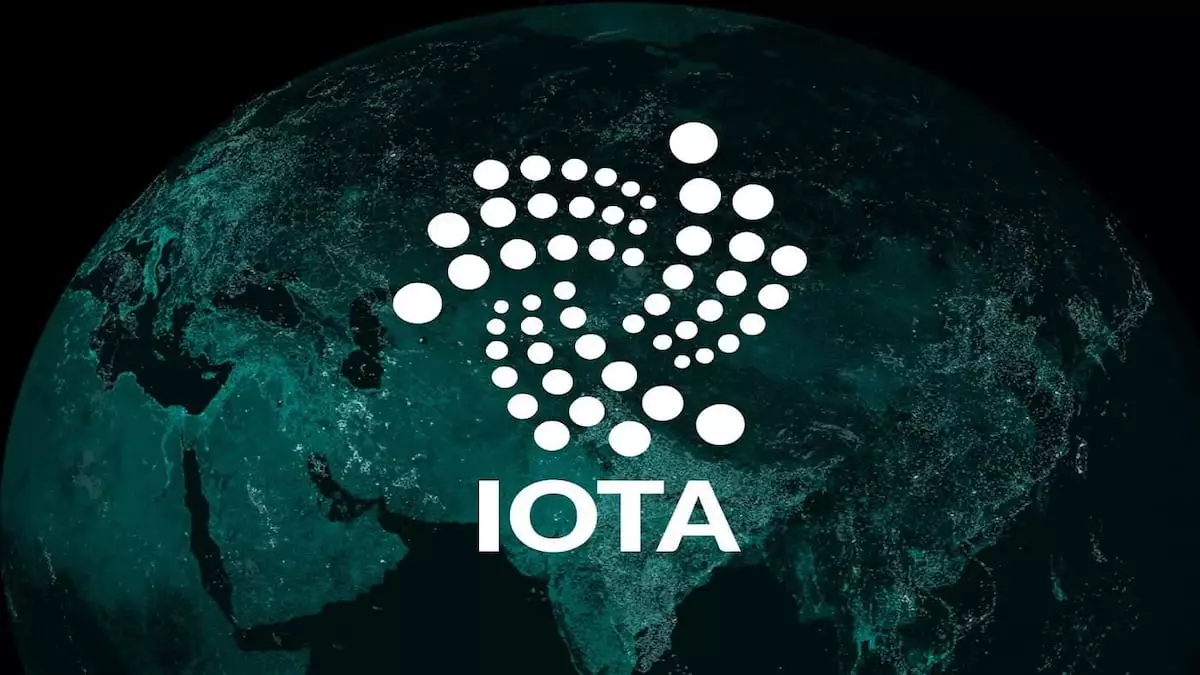The selection of the IOTA Foundation’s Web3 Identification Solution for the European Blockchain Sandbox program marks a significant step forward in the realm of Know-Your-Customer (KYC) procedures and privacy within the Web3 space. This decision plays a crucial role in shaping discussions on regulatory considerations surrounding KYC and privacy, especially as decentralized finance (DeFi) gains traction and attention from authorities. With the launch of the European Blockchain Sandbox by the European Commission in 2023, a controlled environment was created to test and validate new distributed ledger technology (DLT) solutions. This initiative aims to foster collaboration with regulators across the EU, enabling a thorough evaluation of innovative projects within a supportive framework.
A Diverse Cohort of Projects
Each cohort within the European Blockchain Sandbox consists of a maximum of 20 projects, carefully selected based on factors such as maturity, legal and regulatory relevance, and alignment with the EU’s broader policy priorities. This year’s selection process resulted in a diverse group of 20 projects chosen from a competitive pool of 60 applicants spanning various industries including fintech, secure data sharing, real estate trading, and public security. The Web3 Identification Solution, developed by the IOTA Foundation in collaboration with walt.id, IDnow, Bloom Wallet, and HAVN, aims to modernize outdated KYC procedures criticized for their inefficiency, costliness, and privacy risks.
The Web3 Identification Solution leverages distributed ledger technology (DLT) and tokenization to provide a more efficient, secure, and privacy-centric method of verifying identities. The process begins with remote verification conducted by IDnow, a respected identity verification platform in Europe compliant with EU Anti-Money Laundering (AML) and KYC regulations. Once the identity is confirmed, the data is encrypted through walt.id and stored as a soulbound token within the Bloom Wallet. This token can then be utilized on various Web3 applications to authenticate the user’s identity without exposing personal details, enhancing security and empowering users to have greater control over their private data. The HAVN Network complements this solution with an exclusive EVM-compatible KYC chain architecture linked to the Shimmer network, ensuring regulatory compliance and facilitating seamless interchain communication and transaction validation.
The selection of IOTA’s Web3 Identification Solution for the European Blockchain Sandbox holds significant implications for regulatory discussions on KYC and privacy within the Web3 space. As decentralized finance (DeFi) emerges as a focal point for regulators, the solution’s ability to tokenize and securely store identity data streamlines the KYC process, reduces redundant verifications, and enhances user satisfaction. In line with broader European initiatives to strengthen digital identity verification, the updated European Digital Identity (EUDI) regulation mandates member states to provide at least one EU digital identity wallet to all residents or citizens by 2026. These wallets serve as secure repositories for signing and storing various documents, representing a significant step towards digitizing identity verification processes.
In addition to the Web3 Identification Solution, the IOTA ecosystem has collaborated with Pyth Network to integrate oracle services into the IOTA EVM, enhancing data precision and protection for decentralized exchanges (DEXs), lending protocols, and derivatives platforms. With Pyth Network delivering real-time price updates multiple times per second, their services benefit over 300 applications and 50 blockchains, ensuring reliable access to accurate data. The industry’s push towards robust digital identity solutions is further exemplified by the Open Network’s palm scanning technology, which rewards individuals with Toncoin (TON) tokens for verifying their identity.
The implementation of IOTA’s Web3 Identification Solution in the European Blockchain Sandbox showcases the innovative approach of the IOTA Foundation and its partners towards revolutionizing identity verification in the Web3 space. This progress not only enriches regulatory dialogues but also establishes a foundation for heightened user privacy and security in online transactions. As the industry evolves, solutions like the Web3 Identification Solution will play a vital role in shaping the future of digital identity verification and regulatory compliance, setting a precedent for a more secure and user-centric digital landscape.


Leave a Reply